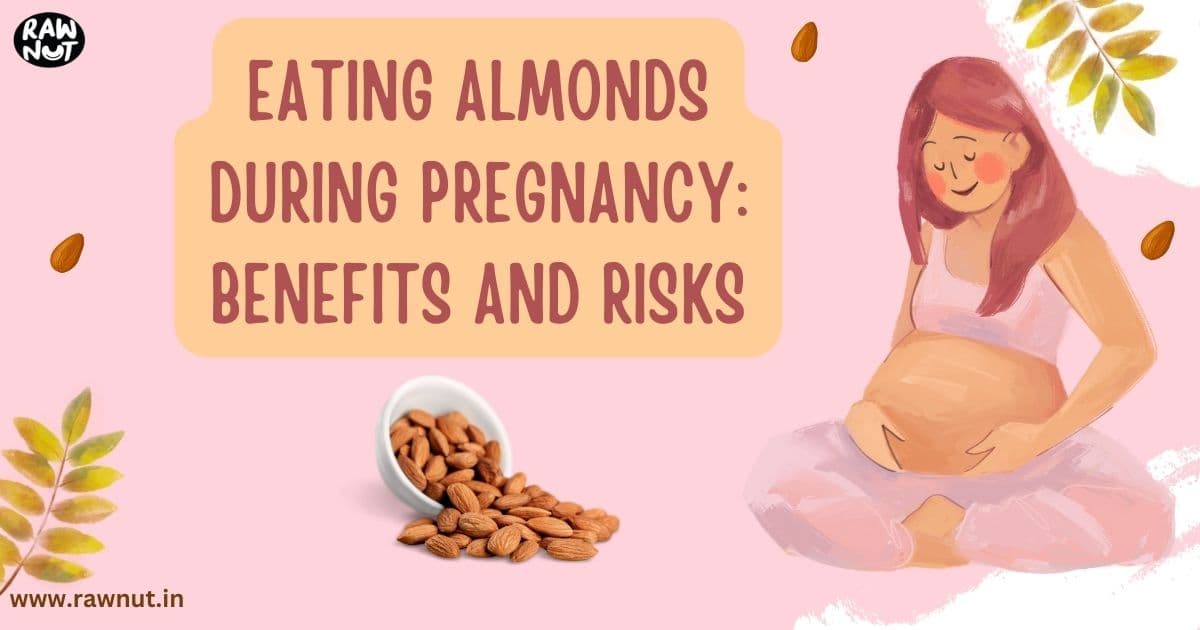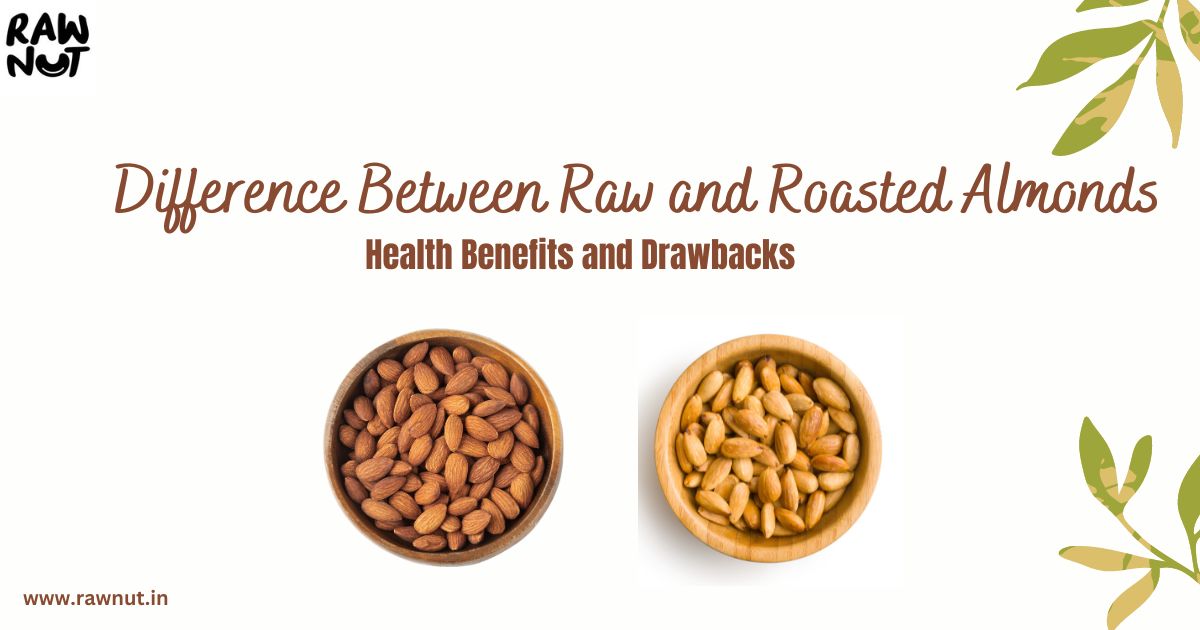
Eating Almonds During Pregnancy: Benefits and Risks
Eating a well-balanced diet during pregnancy is crucial for the health and development of both the mother and the baby. Almonds, a nutrient-dense food, can be an excellent addition to a pregnancy diet. In this article, we will explore the benefits and risks of eating almonds during pregnancy, and how they can support a healthy pregnancy.
Nutritional Benefits of Almonds for Pregnant Women
Almonds are packed with essential nutrients that are beneficial for pregnant women. Some key nutrients include:
- Vitamin E: Vital for skin health and cell function.
- Magnesium: Important for muscle and nerve function, and helps prevent preterm labor.
- Fiber: Aids in digestion and prevents constipation.
- Protein: Essential for the growth and development of the baby.
- Healthy Fats: Provide sustained energy and support brain development.
Health Benefits of Eating Almonds During Pregnancy
Supports Baby’s Development
Almonds are rich in folic acid, which is crucial for the development of the baby’s brain and spinal cord. Regular consumption of almonds can help reduce the risk of neural tube defects in the baby.
Promotes Healthy Digestion
Pregnant women often suffer from constipation due to hormonal changes. The high fiber content in almonds aids in digestion and helps maintain regular bowel movements.
Boosts Energy Levels
Pregnancy can be exhausting, and maintaining energy levels is important. The protein and healthy fats in almonds provide sustained energy, helping pregnant women stay active and healthy.
Enhances Skin Health
The vitamin E in almonds helps improve skin elasticity, which can prevent stretch marks. It also keeps the skin hydrated and glowing.
Potential Risks of Eating Almonds During Pregnancy
Allergies
While almonds are generally safe for most people, some individuals may have nut allergies. Pregnant women with a known nut allergy should avoid almonds and consult their healthcare provider for alternative options.
Overconsumption
Eating too many almonds can lead to excessive calorie intake, potentially causing unwanted weight gain. It can also cause digestive issues such as bloating or constipation due to their high fiber content.
Oxalates
Almonds contain oxalates, which in high amounts can contribute to kidney stones in susceptible individuals. Moderation is key to avoiding this risk.
How to Safely Include Almonds in Your Pregnancy Diet
Here are some practical tips on incorporating almonds into your daily meals and snacks:
- Portion Size: A small handful (about 23 almonds) is a healthy portion size.
- Raw vs. Roasted: Both are fine, but choose unsalted and avoid those with added sugars or flavors.
- Soaked Almonds: Soaking almonds overnight can make them easier to digest and enhance nutrient absorption.
Delicious Almond Recipes for Pregnant Women
Almond Smoothie
- Ingredients: Almonds, banana, spinach, yogurt, honey.
- Blend all ingredients until smooth and enjoy a nutrient-packed drink.
Almond Butter on Whole Grain Toast
- Spread almond butter on a slice of whole grain toast.
- Top with slices of banana or a sprinkle of chia seeds for added nutrition.
Almond and Fruit Salad
- Mix sliced almonds with your favorite fruits.
- Add a squeeze of lemon juice and a drizzle of honey for a refreshing snack.
FAQs
Q: How many almonds can I eat daily during pregnancy?
- A: A recommended portion size is about 23 almonds (one ounce) per day.
Q: Can eating almonds prevent pregnancy complications?
- A: While almonds are nutritious, they should be part of a balanced diet. They can support overall health but should not be relied upon solely to prevent complications.
Q: Are there any specific types of almonds I should eat or avoid?
- A: Choose unsalted, raw, or dry-roasted almonds without added sugars or flavors. Soaked almonds are also beneficial and easier to digest.
Conclusion:
Eating almonds during pregnancy can offer numerous health benefits, from supporting the baby’s development to boosting the mother’s energy levels. However, moderation is key, and it’s important to be aware of potential risks such as allergies and overconsumption. Always consult with your healthcare provider before making any significant changes to your diet.



